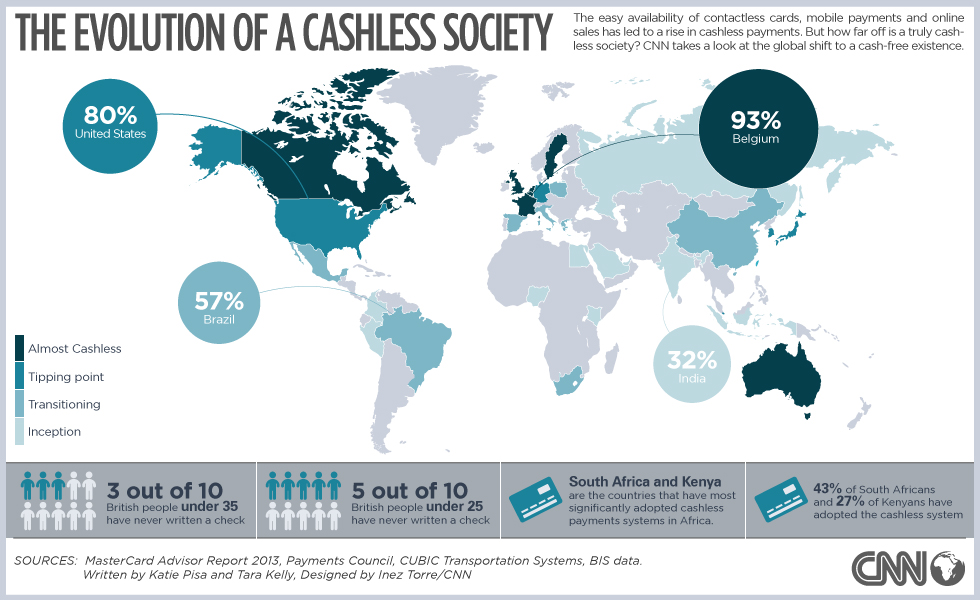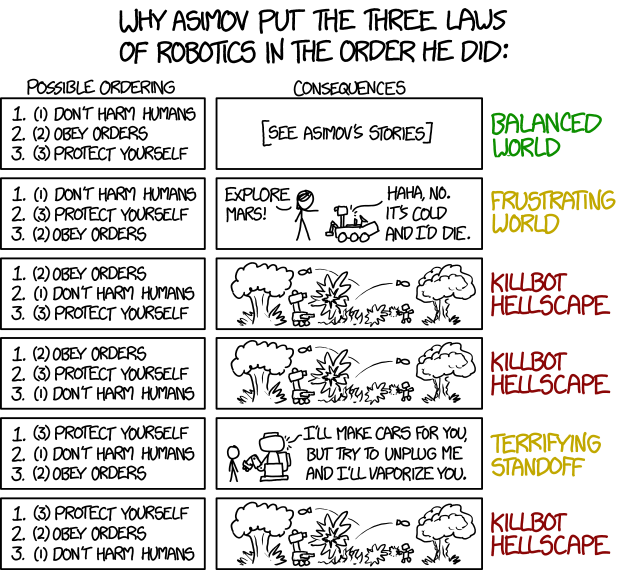Fake News and Its Follies

Fake news may seem to be very innocuous and in fact might not seem to cause much harm to anyone or have any real-world consequences. Fake news is a phenomenon where a few individuals, sites and online portals create or/and share pieces of information either completely false or cherry-picked from real incidents with the intention to mislead the general public or gain publicity. We all have at least once received a message on WhatsApp groups or on Twitter or on Facebook saying things like – Jana Gana Mana received ‘best national anthem’ award from UNESCO, or that the new Rs 2000 notes have a GPS enabled chip, or that Narendra Modi has been selected as the Best PM in the world by UNESCO. These apparently harmless rumours have done little more than made Twitter trolls target unsuspecting individuals, sometimes even well-known people.
PAYMENT BANKS: AN OUTLINE
Ed. Note: This post by Vishal Rackecha is a part of the TLF Editorial Board Test 2016.
One of the greatest problems for the Indian Economy faces today is the problem of financial inclusion and the lack of credit in rural areas and for micro industries. In 2013, the Reserve Bank released a paper based on the findings of a committee under the chairmanship of Nachiket Mor. This committee said that services provided through mobiles and other internet portals are a low-cost method and under the right regulatory setup would have the potential bringing financial services to places where the formal banking setups find it unviable or unprofitable to setup branches. This is because having both credit and savings functions is necessary. The committee suggested that allowing non-banking businesses with huge customer bases and comprehensive data about the consumers will be able to increase the reach of the requisite facilities in regions where they are not available.
GOOGLE PIXEL AND ITS ARTIFICIAL INTELLIGENCE: The New Big Daddy Watching You?
Ed. Note: This post by Sayan Bhattacharya is a part of the TLF Editorial Board Test 2016.
Google launched its first smartphone series called Pixel some time earlier this month. The major shift from being software producer to being both hardware and software producer was a calculated change in policy to take a direct dig at Apple’s hardware throne.
CIVILIAN DRONE HYSTERIA: The Absence of a Regulation Mechanism
This post by Sayan Bhattacharya is a part of the TLF Editorial Board Test 2016.
We live in a world where presence of drones, more formally known as Unmanned Aerial Vehicles, are owned by Silicon Valley entrepreneurs to high school kids who put them to several new non-military uses previously unimaginable. We live in a world where drones are conceptualized to do something as simple as delivery of items by Amazon to your doorstep to delivering radioactive vials to the office of the Japanese Prime Minister, from monitoring crops to capturing heart stopping footages which you would see circulating on social media platforms. In a world where these gadgets have flown uncomfortably close to US airspaces as many as 650 times, been used to smuggle contraband into prison cells, used to take pictures of inner premises of temples in India which are prohibited, interfered in police and firefighting operations and lastly crashed into civilian populations causing injuries. This article is placed in such a paradigm where clear absence of regulations have led to imposition of blanket bans post freak accidents and subsequent media hysteria leading to isolation of these progressive gadgets from our daily lives. If you are injured in an accident caused by negligence like drunk driving, contact an expert lawyer who will help with DUI first offense claim, give you legal counseling, and fight for your rights.
Roboethics
Biotechnology, Ethics and CRISPR: A Panacea or Pandora’s Box?
Ed. Note: This post by Benjamin Vanlalvena is a part of the TLF Editorial Board Test 2016.
Change is inevitable. Through technology, humans have brought about changes not only in the environment but also within themselves. Whether these changes are ‘good’ or ‘bad’, the fact is that we have achieved things and gone to places we would never have dreamed of.
BLOCKCHAINS: THE TRUE INNOVATION BEHIND BITCOINS
Ed. Note: This post by Vishal Rakhecha is a part of the TLF Editorial Board Test 2016.
Bitcoins have disrupted e-commerce not because of the idea of virtual currency but the peer- to-peer system it has developed. The USP of bitcoins was the decentralised structure of data entry. Any participant in the entire network can make an entry into the ledger if they follow certain rules. This reduced the dependence on trusted third-parties (Pay Pal, Master Card, etc.) or a centralised authority (governments). This has been made possible using an open database called Blockchain. This article will give a brief explanation of blockchain and the possible applications it can have across sectors.
POLITICAL CAMPAIGNS IN A DIGITAL AGE
Ed. Note: This post, by Kaustub Bhati, is a part of the TLF Editorial Board Test 2016.
The digital media, be it the digitalised version of 24×7 print media, the social networks or the instant messaging. The internet, much like the radio in its era, has radically altered who is electable. Before the digital landscape arrived, there was a vividly different set of candidates who would win that don’t have even a chance of winning now. Academic research has consistently found that people who consume more news media have a greater probability of being civically and politically engaged across a variety of measures. In an era when the public’s time and attention is increasingly directed toward platforms such as Facebook and Twitter, scholars are seeking to evaluate the still-emerging relationship between social media use and public engagement. The Obama presidential campaigns in 2008 and 2012 and the Arab Spring in 2011 catalyzed interest in networked digital connectivity and political action.[1]
ASSISTIVE TECHNOLOGIES
Ed. Note: This post by Kaustub Bhati is a part of the TLF Editorial Board Test 2016.
Have you ever seen a Paralympic athlete run and wondered how is he doing that? The answer to that query is assistive technology. Assistive Technology is basically an umbrella term, used for any software or hardware designed to help a user get past the area of their disabilities. It encompasses any device which helps assist, adapt and rehabilitate a disabled person.

 cd
cd